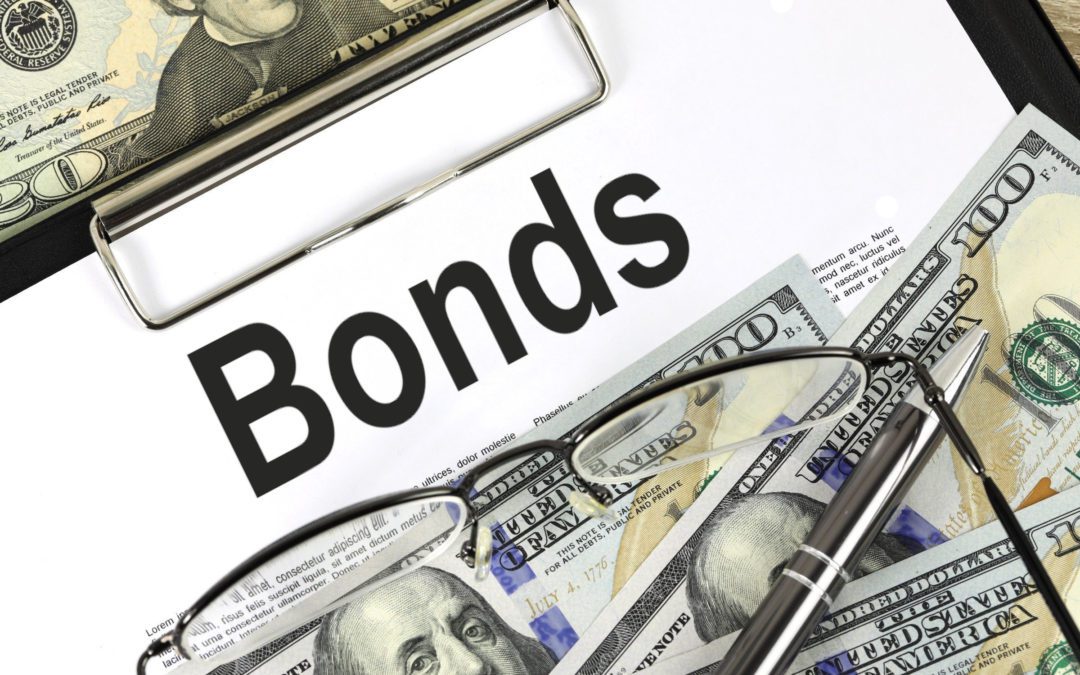Info 1: sovereign bond definition
Info 2: sovereign bonds works
Info 3: sovereign bonds vs government bonds
Info 4: example of sovereign bonds
Opening information:
Sovereign bond breaks into two words sovereign and bonds. Sovereign means chief ruler, and bonds means attached contract. Sovereign Bond means chief ruler attached contract debts.
So now let’s have a look at what is a Sovereign bond, how sovereign bonds work and are involved in the public market, and what is the difference between sovereign bonds and government bonds, finally one brief example of sovereign bonds.
Info 1: Sovereign Bond definition
The United Kingdom government was a strong ruler when compared to any other government on the planet in the view of the development of education to economics.
Whenever most of the crises happen in any of the countries in the world, mostly such damage leads the economy heavily.
But when comes to the United Kingdom (UK), which is affected by any recession hugely they are highly likely strong enough to handle any kind of difficulties.
However, to raise the capital of the UK government, their state government issued one type of debt instrument that would be available and matured in under one year.
Next another type of bond would be issued based on the gold back end value by the central government of Bank of England with an interest rate ranging from 1 percent to 2.9 percent. Which would expire within 7 to 8 years.
But mostly UK people are mainly interested in their local government treasury of municipal bonds with a range of interest from 2 to 2.6 percent.
Here the bold which is released by the Central Bank of England with the backed value of gold is what is named a sovereign bond. Let’s dive into how this sovereign bond is involved and works in the public market.
Info 2: how Sovereign Bond works
Sovereign bonds don’t represent any of the specific objects or things, instead, they are debt instruments that are only issued by the central bank of their own country.
Therefore any of the people of Investors who purchase and hold the bonds which are issued by the sovereign central of bank any countries other than any other things which are considered as a sovereign bond.
Suppose the debt instruments of bonds are issued by the federal government not by the central government despite local municipalities’ or Corporations’ bonds, which are not categorized as a bond of sovereignty.
Not all the countries around the world would be issued sovereign bonds because it’s a bonds that are released with backed value other than primary Currencies, private government assets, and the income of the ruler.
If the any of central banks issued bonds with a back-end value of silver, they also came in the category of a sovereign bond, which is also named a sovereign silver bond.
Or if the same central bank of any nation would issue and sell the debts to the public by using the value of gold as back end matter then such bonds are trapped in the sovereign gold bonds.
Next, the federal banks are used to issue any kind of debt or bonds as T-bills or treasury bonds which are normally not as elaborate as sovereign bonds.
So there is no fixed bond for the sovereign, any amount of debt instruments of contract issued to the public with back end value from the central government of the main chief bank, which means who prints the currency and head bank for the whole country, which they are called as bonds of the sovereign.
Most people confuse sovereign bonds and government bonds, so let’s jump into the key difference anyway.
Info 3: sovereign bonds vs government bonds
Government bonds refer to the debt contract of one ruler of the nation in one country, which debt contract would be issued by any type of government such as federal central, state, and local government like municipality.
On the other side, sovereign bonds are also government bonds but not state or local Municipal bonds it’s only issued by the central bank government.
To make you more clear about the sovereign bond, let’s see one brief example below.
Info 4: example of sovereign bonds.
Say you the public Investors who hold the two kinds of public bonds, think you’re not good and well understand the stock market.
So you had purchased the municipal bonds from your local government which pay a maximum of 2.8 percent each year.
Next, the third bond is about the debts that are held by Corporations, but it’s somewhat and has an interest rate of 7 percent.
Here none of your holdings would be considered as sovereign bonds because your position of investment didn’t demonstrate any central bank issuance debts.

